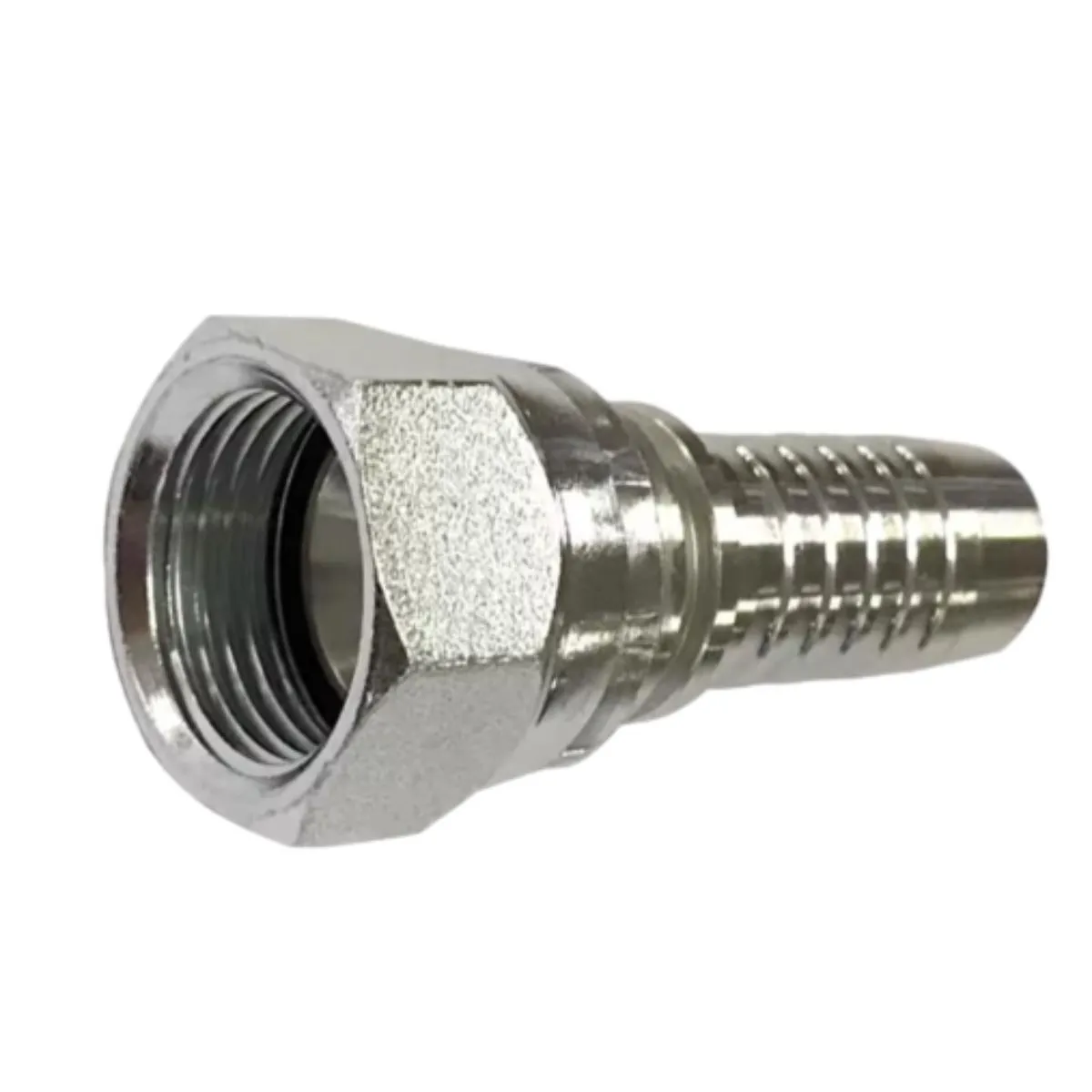Jul . 29, 2024 00:00 Back to list
Creating a Secure Enclosure for Livestock in the Farm's Open Pasture Area
Fencing in the Field A Guide to Understanding Fencing for Agriculture
Fencing plays a crucial role in agricultural practices, serving not only as a boundary marker but also as a protective barrier for crops and livestock. The efficiency and effectiveness of a farm can be significantly influenced by the type and quality of fencing employed. As we explore the concept of fence in field, we will delve into its various dimensions, including types of fencing, their purposes, and best practices for farmers.
Types of Fencing
When it comes to fencing in agricultural fields, several types have emerged, each with distinct advantages and disadvantages. One of the most common forms of fencing is barbed wire. Its durability and effectiveness in keeping larger animals at bay make it a popular choice for cattle ranchers. However, barbed wire can pose a risk of injury to both animals and humans, necessitating careful installation and maintenance.
Electric fencing is another common option, particularly for farms with smaller animals. It provides a psychological barrier that deters animals without the physical hazards associated with barbed wire. By emitting a mild electric shock, this type of fencing keeps livestock contained while allowing farmers to use lighter, more portable materials for their fencing needs.
Wooden fencing presents a more traditional approach, offering a sturdy and aesthetically pleasing solution. However, while wooden fences can be effective for smaller plots, they often require more maintenance and can be more expensive to install. Other materials, such as vinyl or woven wire, can also be used, depending on the specific needs of the farm.
Purposes of Fencing
fence in field

Fencing serves multiple purposes in an agricultural context. First and foremost, it delineates property lines, preventing disputes with neighbors over land boundaries. Additionally, fencing protects crops from wildlife, which can pose a serious threat to harvests. Animals such as deer and rabbits can cause significant damage to crops if not properly managed.
Moreover, fencing is essential for livestock management. It keeps animals contained within designated areas, reducing the likelihood of them straying into roads or neighboring properties. This is particularly important for the safety of both animals and people. Fencing also plays a key role in pasture management, allowing farmers to rotate grazing areas, which can enhance soil health and promote healthier livestock.
Best Practices for Fencing
When implementing fencing in fields, several best practices can be adhered to in order to maximize its effectiveness. First, careful planning is essential. Farmers should assess their specific needs, taking into account the type of animals they are managing and the layout of their land. This will guide them in selecting the most appropriate fencing type and ensuring proper installation.
Regular maintenance is equally important. Fences should be checked routinely for wear and tear, with repairs made promptly to prevent breaches. Farmers should also consider the use of gates that are easy to operate while ensuring security, as access points can often be vulnerable.
Finally, education is key. Farmers should stay informed about new fencing technologies and materials that could enhance their operations. Participating in local agricultural cooperatives or workshops can provide valuable insights into effective fencing strategies.
In summary, fencing in the field is more than just a practical necessity in agriculture—it's a cornerstone of successful farm management. By understanding the various types of fencing, their purposes, and adhering to best practices, farmers can protect their investments, ensure the safety of their livestock, and contribute to sustainable agricultural practices. As agriculture continues to evolve, the importance of effective fencing will only become more pronounced, making it a vital consideration for farmers everywhere.
-
Weather Resistance Properties of Quality Roofing Nails
NewsAug.01,2025
-
How Galvanised Iron Mesh Resists Corrosion in Harsh Environments
NewsAug.01,2025
-
Creative Landscaping Uses for PVC Coated Wire Mesh Panels
NewsAug.01,2025
-
Common Wire Nail Dimensions and Their Specific Applications
NewsAug.01,2025
-
Choosing the Right Welded Wire Sheets for Agricultural Fencing
NewsAug.01,2025
-
Anti - Climbing Features of Razor Wire Barriers
NewsAug.01,2025









